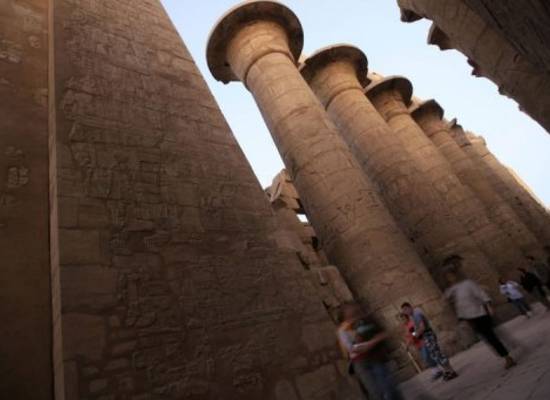
(AFP Photo)
By: Lamia Nabil
Egypt has invited The International Monetary Fund (IMF) to reopen negotiations for the proposed $4.8bn loan, confirmed Minister of Planning and International Cooperation Ashraf El Araby in a public statement on Thursday.
Deputy Spokesman for the External Relations Department at the IMF William Murray also confirmed today that the IMF has “received the revised fiscal projections that are based on a set of policy measures that the authorities intend to implement”.
Murray also added that the IMF “is currently analysing those new fiscal projections”.
“Once we’ve had a chance to really go through them,” he continued, “we’ll have a discussion with the authorities on next steps regarding our engagement. And, as I think you’ve heard before, [and] as we’ve said many times, we’re fully committed to supporting Egypt at this critical time.”
Minister of Investment Ossama Saleh said in a statement on Thursday that Egypt hopes to conclude the deal by the end of April.
Talks were postponed due to the country’s ongoing political turmoil and recent economic slump, prompting the president to enact a number of austerity measures including tax increases to reduce the budget deficit by increasing state revenues, in order to make Egypt eligible for the $4.8bn loan.
Egypt’s budget deficit reached $13.6bn in January 2013.
Since the 25 January Revolution, foreign direct investment and tourism have dwindled, and there has been a sharp fall in the Egyptian pound’s exchange rate with the dollar.




